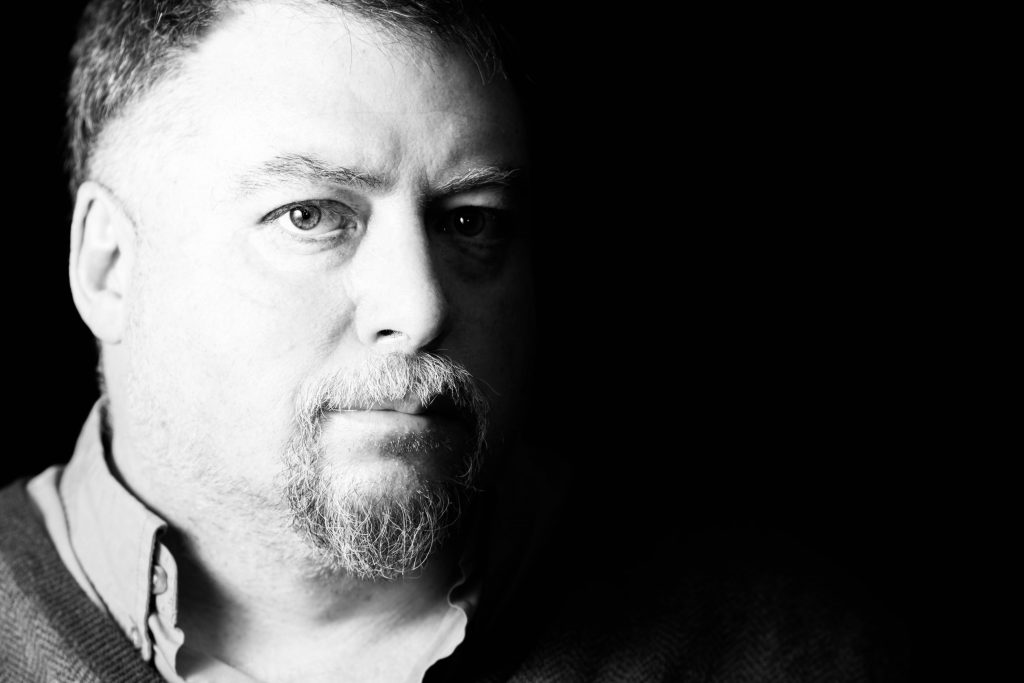Dear AF: In Colorado, they talked about removing “liberal” off of “liberal arts” so that people don’t get the wrong idea and think that “liberal arts” means “politically liberal”. Is that a good idea?
We could talk about whether liberal arts professors and curricula are actually universally politically liberal in the specifically American sense, but the literary scholar Michael Berube already wrote a book on this very topic. Plus, just read blogs and Twitter: this subject comes up roughly every second day, and the contours of those conversations are ever-more immobile as the United States sinks deeper into a partisan divide.
No, let’s do something different here. Let’s talk about the general confusion that the term “liberal arts” causes.
Presidents, trustees, communications professionals and others in higher education fret about this question a lot. There have been meetings in associations like the AACU devoted to this issue. The history of how “liberal” got into “liberal arts” is fairly connected to how a political philosophy called “liberalism” came into being. Liberal as in liberty or freedom. The skills and information that a free male citizen or ruler should know as opposed to the skills that working or servile men should learn.
That’s part of the problem. Liberalism as a concept comes out of a historical moment in which its freedoms were increasingly imagined as universally human. Liberal arts on the other hand is a term that is rooted in a historical moment in which only a small class of European, Roman or Greek men were imagined as being appropriate subjects for this education. No amount of exploring what we presently think liberal arts means can fully detach the term from its roots.
Add to that legacy the confusing way that “arts” sounds to contemporary audiences, invoking either creative work or the humanities.
Uncomfortable as the concept of “branding” might be, maybe liberal arts could benefit from a rebranding. The folks in Colorado are responding to the wrong issue–you can’t get trolls to stop their malicious attacks with a name change–but maybe a new name might help. What that might be, on the other hand, requires some degree of certainty about which of the contemporary meanings of the term is being favored in the renaming–a certainty that people inside and outside of higher education presently do not have. We don’t really think that the people who most acutely fret about its misinterpretation are the right people to be thinking about this problem. The very idea of rebranding is roughly like putting a bowl of sugar water next to an anthill: it’s going to be swarmed in short order by folks who will feel no regret when the bowl is empty.
Part of the problem is also that words like “liberal arts” form a lasting attachment to institutions and practices through unintentional, organic accumulations of use and invocation, much in the same way that David Labaree suggests higher education as a whole in the United States has come to have its present structures and practices. Highly intentional efforts to change a label or “brand” of this kind generally don’t–and perhaps can’t–succeed because it’s just not how language and reference become aligned. “Liberal arts” may, as we’ve noted before, have a surplus of meanings, most of them vague or confusing. But so might any label that expresses affinities and connections that various institutions did not consciously set out to create nor programmatically control.
This may be something that requires a version of the Serenity Prayer: if you can’t control it (or controlling it might be a big mistake), live with it.

